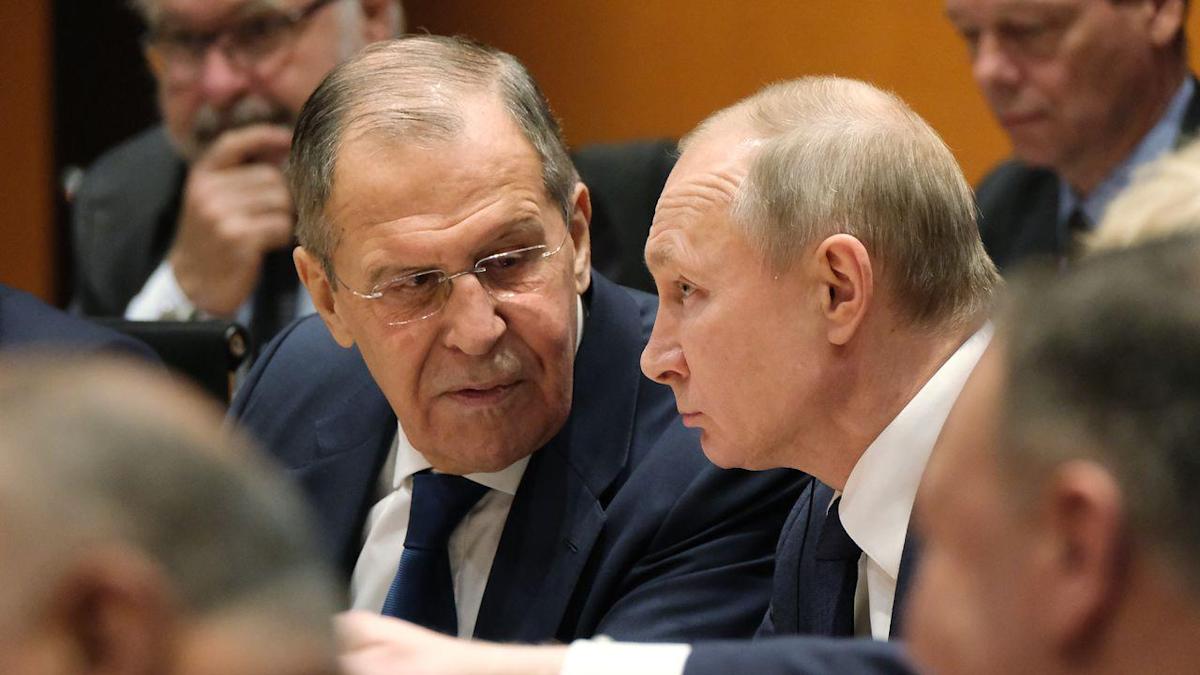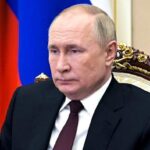
The European Union is preparing to freeze the assets of Russian President Vladimir Putin and Foreign Minister Sergei Lavrov as part of a second tranche of sanctions punishing Russia for its invasion of Ukraine, the Financial Times first reported.
Why it matters: The move reflects Moscow’s new pariah status but is mostly symbolic, as it’s unclear what assets Putin and Lavrov actually hold in the West after years of escalating sanctions against Russia.
Get market news worthy of your time with Axios Markets. Subscribe for free.
-
Putin in particular is believed to rely on his inner circle of Russian oligarchs to stash his vast wealth abroad.
-
The sanctions will not include visa restrictions, a move intended to leave open the possibility for diplomatic talks at a neutral location in Europe.
The big picture: The EU was uncharacteristically quick to impose an initial package of sanctions on Wednesday after Russian forces moved into eastern Ukraine, targeting many of Putin’s top aides and Kremlin propagandists.
-
The 27-member bloc has engaged in intensive discussions to ratchet up the pressure after Russia launched a full-scale invasion and is close to an agreement that would mirror U.S. restrictions on the largest Russian banks and other state-owned companies.
-
The U.S. and U.K. have not personally sanctioned Putin or Lavrov, but President Biden said Thursday that option remains on the table.
Between the lines: Despite the urgent pleas of Ukrainian officials, the EU has so far not agreed to disconnect Russia from SWIFT — which is akin to the central nervous system for international financial transactions.
-
Germany, Italy and Hungary are among the top EU countries that have resisted this step, which many consider to be among the toughest sanctions on the table.
-
Italy also successfully carved out an exception for luxury goods from the EU’s package of Russia sanctions, The Telegraph first reported.
Go deeper: Secrecy undercuts impact of Russian sanctions
More from Axios: Sign up to get the latest market trends with Axios Markets. Subscribe for free




